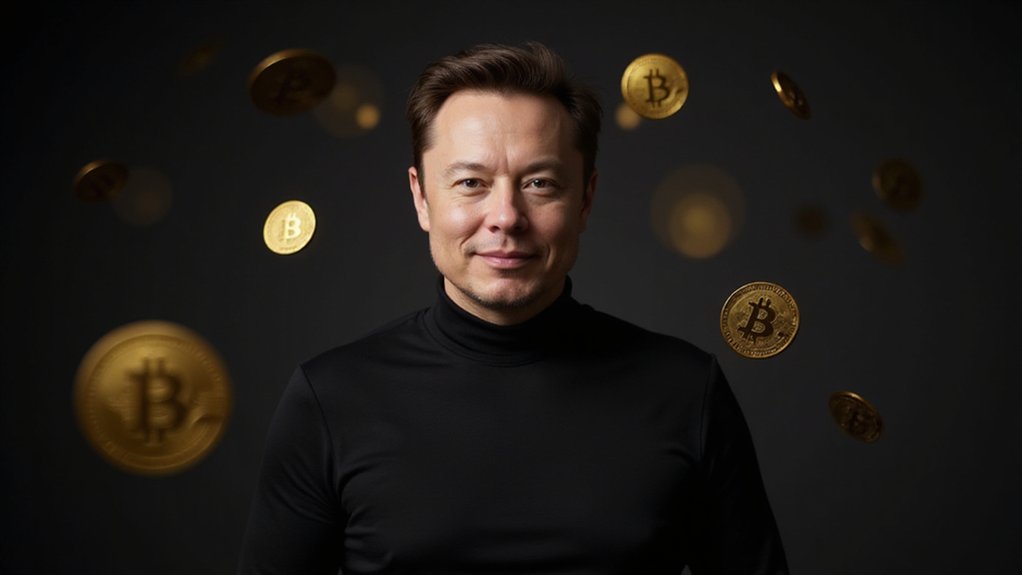Elon Musk has introduced XChat, a messaging feature for his social media platform X (formerly Twitter), marking yet another ambitious pivot in his quest to transform the platform into what he calls a “Western everything app”—a grandiose vision that positions X as a direct competitor to WeChat‘s dominance in the Chinese market.
The messaging service promises end-to-end encrypted communications, vanishing messages, file sharing, and audio/video calling capabilities that mirror established platforms like WhatsApp and Signal. However, it’s Musk’s peculiar characterization of XChat’s security framework as employing “Bitcoin-style encryption” that has cryptography experts scratching their heads with barely concealed bewilderment.
The terminology itself represents a fascinating misunderstanding of fundamental concepts. Bitcoin operates on a blockchain using cryptographic hashing and digital signatures—not encryption in the traditional messaging sense. The cryptocurrency’s transparency model (where transactions are publicly visible on an immutable ledger) seems antithetical to private messaging requirements. Bitcoin mining involves cryptographic puzzles that require significant computational effort to solve, which secures the network but has no practical application for private messaging protocols. This linguistic sleight-of-hand raises legitimate questions about whether Musk’s technical team understands the underlying architecture they’ve purportedly constructed.
Built using Rust programming language and featuring what developers describe as “a whole new architecture,” XChat currently exists in limited beta for select paid subscribers. The platform incorporates a four-digit passcode security layer, though this seemingly rudimentary protection mechanism appears incongruous with the sophisticated “Bitcoin-style” encryption claims. Potential delays in the full rollout may occur due to scaling challenges as the platform transitions from beta testing to widespread availability.
The rollout strategy follows Musk’s established playbook: create exclusivity through subscriber-only access while generating sufficient mystique around technical specifications to maintain public intrigue. XChat represents another component in his expansive vision for X as an integrated ecosystem encompassing media consumption, payment processing, and even dating services—essentially WeChat’s Western doppelganger. Despite security promises, the platform offers no protection against man-in-the-middle attacks, a significant vulnerability that undermines its claimed privacy advantages.
Whether XChat can successfully challenge entrenched competitors like WhatsApp, Telegram, and Signal remains questionable, particularly given the vague technical details and cryptographic nomenclature that would make any security-conscious user pause. The platform’s success will ultimately depend on user adoption rates among X’s subscriber base and whether Musk’s team can clarify their encryption methodology before privacy advocates dismiss the entire venture as another Silicon Valley marketing exercise masquerading as innovation.








